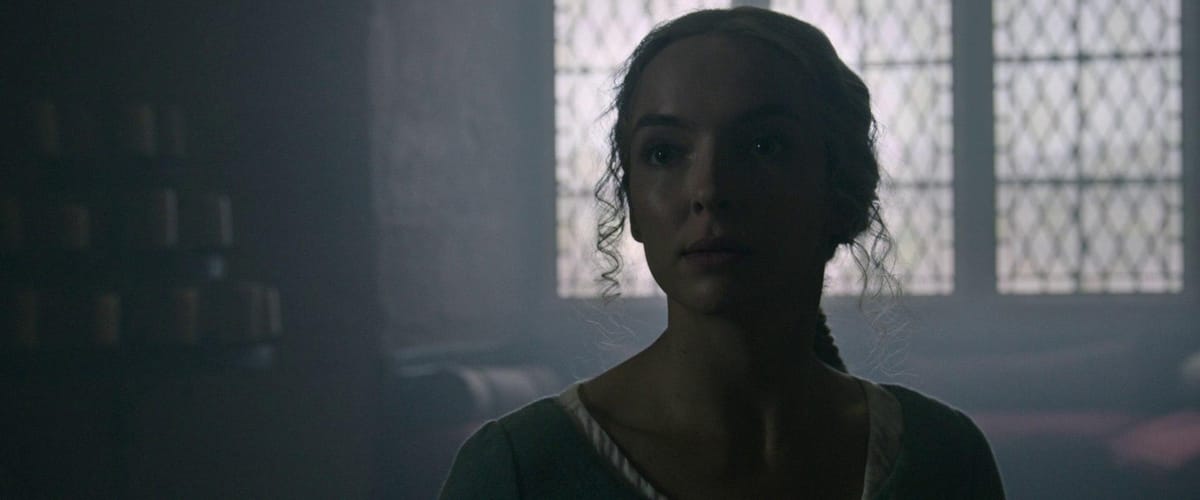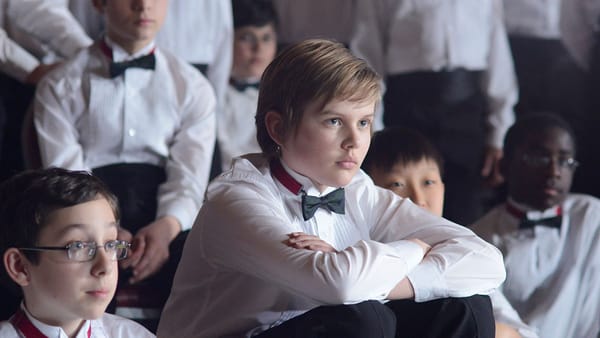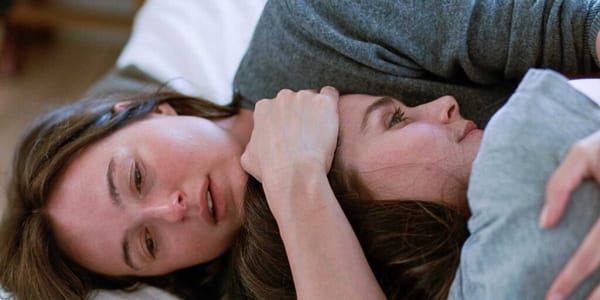Three stories, one truth, zero patience for medieval men.

THE LAST DUEL is Ridley Scott’s most furious film — not loud or spectacular in the usual sense, but furious in structure, intent, and moral clarity. Adapted from Eric Jager’s historical account, the film dismantles medieval chivalry myth by myth, showing a world where power disguises itself as honor and violence masquerades as virtue. Through its RASHOMON-style structure, it becomes a study of truth manipulated by men and lived — painfully — by the woman trapped beneath their egos.
The story unfolds in three chapters, each recounting the same events from different perspectives. Matt Damon’s Jean de Carrouges sees himself as a noble, wronged warrior — a man of principle battling an unjust world. Damon leans into Jean’s self-seriousness: the stiffness, the entitlement, the inability to recognize that virtue is not the same as grievance. His truth is a performance meant to justify his pride.
Adam Driver’s Jacques Le Gris views himself as charming, desired, brilliant — a man who mistakes entitlement for affection and intelligence for moral superiority. In his version, he is the center of every room, the victim of circumstance, the misunderstood lover. Driver plays him with disquieting sincerity, which makes his delusion all the more horrifying. The film uses his perspective not to excuse him, but to reveal the seductive lies predators tell themselves.
Then comes Jodie Comer’s Marguerite — and Scott stamps her chapter with a simple title card: The Truth. Everything snaps into focus. Comer delivers one of the decade’s most powerful performances, playing Marguerite with a steadiness that stands in stark contrast to the men’s self-mythologizing. Her version of events is clear, unadorned, and devastating. Through her eyes, the film reveals the grotesque imbalance of medieval justice: the idea that a woman’s truth can only be validated through a duel fought by men who care far more about reputation than her life.
Visually, Scott brings the 14th century to life with unsentimental grit: cold stone courtyards, parasite-heavy haylofts, priests who wield theology like a weapon, and a social order calibrated to punish women for being visible. The world feels both historically specific and disturbingly recognizable.
And then comes the duel itself — one of Scott’s greatest achievements. Brutal, muddy, intimate, terrifying. There is no glory here. Just two armored bodies smashing together, blood mixing with dirt, horses panicking, spectators screaming, Marguerite kneeling in terror because the outcome determines whether she will live… or be burned alive for “lying.” Scott films the duel not as spectacle, but as indictment.
THE LAST DUEL is ultimately about narrative power: who gets to tell the story, who gets to be believed, and who carries the consequences. The men’s chapters are drenched in ego. Marguerite’s is carved from clarity. The contrast is the thesis.
It’s one of Ridley Scott’s boldest films — an angry, elegant dismantling of patriarchal mythology, and a reminder that the oldest stories still echo in the present.




